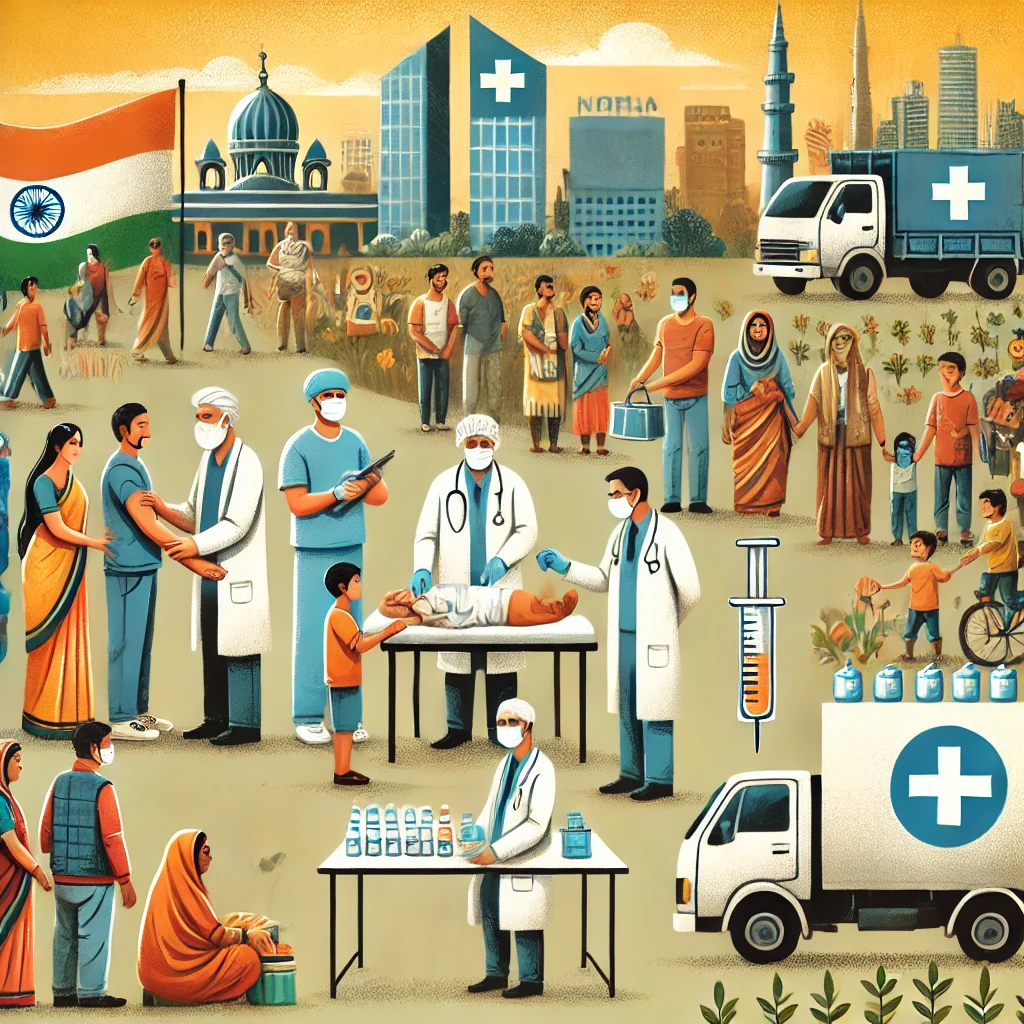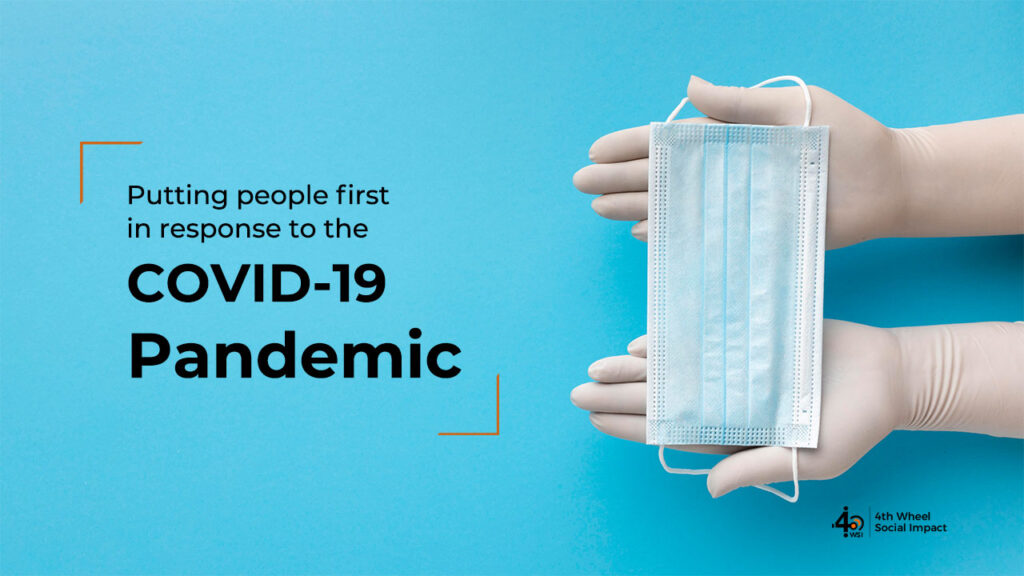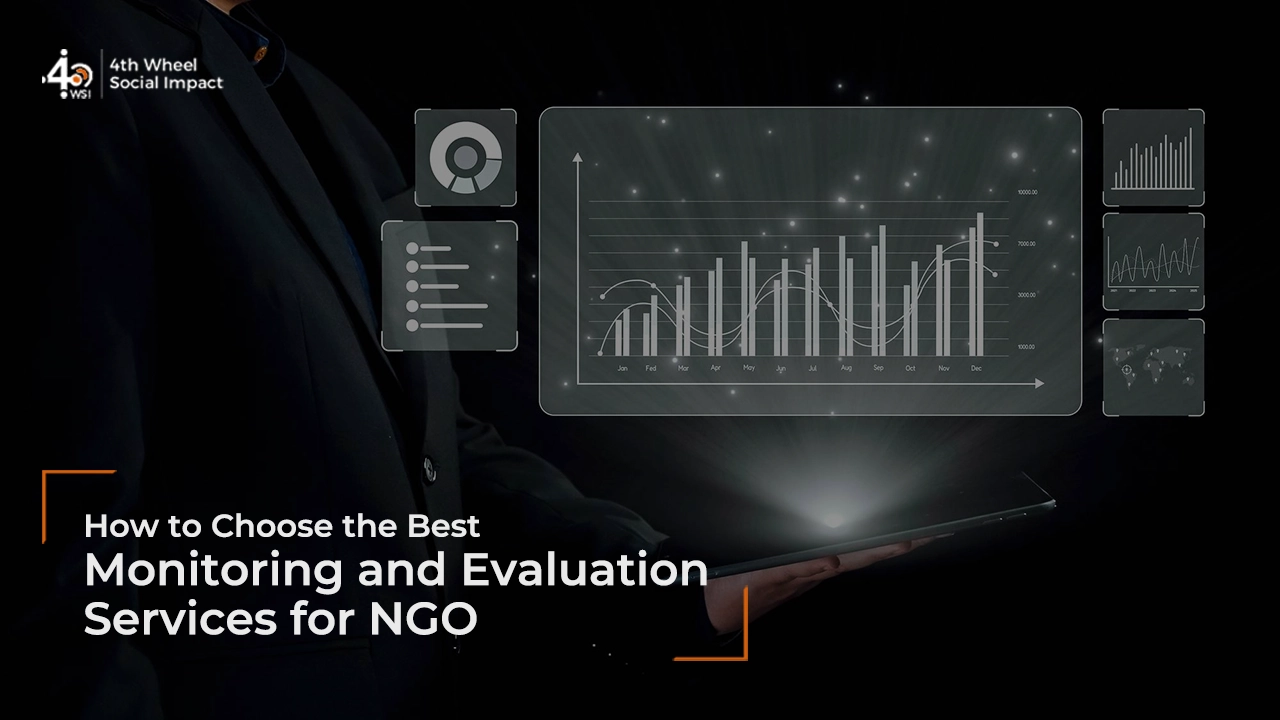For close to two months now, India has been in a nationwide lockdown propelled due to the highly infectious Coronavirus 2019 or COVID-19. To date, the pandemic has affected 212 countries and territories. This global health crisis has also become a humanitarian crisis by drastically and disproportionately upending lives and livelihoods.
Consequently, the social and economic effects of the pandemic, while globally devastating, are estimated to be different in magnitude and scale amongst developed, developing, and underdeveloped countries and among vulnerable and socially excluded individuals and communities. One of the reasons is that different entities would not have the same amount and access to resources to respond similarly. Thus, it has never been of more significance to unite on a global, regional, national, and local level to curb the transmission as well as create inclusive and sustainable crises responses for a safer future.
Recognizing the severity, development organisations and practitioners have come out with various social and economic responses and measures to inclusively tackle the pandemic. The United Nations March 2020 Call to Action titled Shared Responsibility, Global Solidarity: Responding to the socio-economic impacts of COVID-19 not only details the impact of the pandemic, but also suggests sustainable global, regional, and national solutions and partnerships to cope with the impact.

One of the key points is that had countries invested more in achieving the Sustainable Development Goals (SDGs), the impact of the pandemic would have been less severe. As detailed in Figure 1, the crisis has impacted almost all SDGs and risks pushing us back in our goal to achieve the same. It threatens to reverse the gains made on gender equality, exacerbate the feminisation of poverty, worsen the vulnerability to violence, and affect women’s equal participation in the labour force. Women make up 70 percent of healthcare and social workers, which puts them at a greater risk of contracting the infection. The pandemic has also been accompanied by a spike in the number of domestic violence cases being reported as victims are forced to be in constant proximity with their abusers. Recent reports suggest a 30 percent increase worldwide in violence against women.Other vulnerable groups such as older persons struggle not only with greater health risks but become less capable of supporting themselves in isolation. Children’s learning processes and social and behavioural development are interrupted. In poorer contexts, many are losing out on nutritious meals. The International Labour Organisation (ILO) estimates job losses between 5 million and 25 million jobs and small and medium enterprises, self-employed and daily wage earners being hit the hardest. In India, many state governments have recently brought drastic changes to labour laws, and its impact on labourers conditions are being nationally scrutinised and analysed.
These facts highlight the importance of adopting socially inclusive strategies since the nature and magnitude of responses will determine whether poor, vulnerable and marginalized groups are cared for in the recovery process.
Few priority actions for a socially inclusive recovery process would include the following:
- Implement human-centred and innovative stimulus packages that focus on the direct and targeted transfer of resources to the most vulnerable households
- Extend support to small and medium enterprises, ensuring decent work, social protection and social cohesion
Overall, a human rights-based approach towards addressing the pandemic is key for a sustainable and equitable future.
Works cited
“Countries Where COVID-19 Has Spread.” Worldometer, www.worldometers.info/coronavirus/countries-where-coronavirus-has-spread/
Misra, Udit, and Iqbal, Nushaiba “Explained: What labour law changes mean”. The Indian Express, 12 May. 2020, https://indianexpress.com/article/explained/what-labour-law-changes-mean-coronavirus-6403611/
Silva, Isabel. “Coronavirus and Gender: Women on Frontline Need to Be Included in Pandemic Response.” Euronews. 8 Apr. 2020, www.euronews.com/2020/04/08/coronavirus-and-gender-women-on-frontline-need-to-be-included-in-pandemic-response.
Shared Responsibility, Global Solidarity: Responding to the Socio-economic Impacts of COVID-19. United Nations, March 2020. https://www.un.org/development/desa/dspd/wp-content/uploads/sites/22/2020/08/Impacts-of-COVID-19-on-social-development-and-implications-for-the-just-transition-to-sustainable-development-4-8-20.pdf




